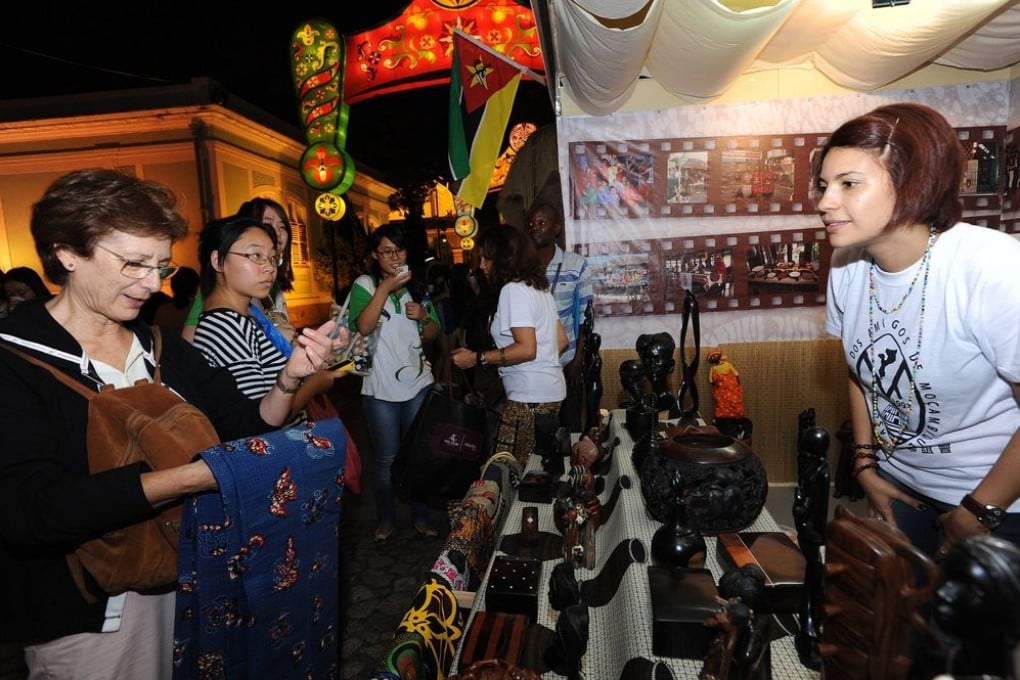Macau celebrates its historic connections with the annual Lusofonia Festival
The event, now in its 18th year, celebrates the cultures of Portugal’s former colonies around the world as well as that of the local community

Portugal once had a far-flung empire with "overseas provinces" in Africa, Asia and South America. It was the world's first truly global empire, spanning more than five centuries.
While Brazil was considered the jewel in the crown - by far the largest of Portugal's overseas possessions - it was also the first to gain independence. The South American giant split from Portugal on September 7, 1822.
Six years after its explorers discovered a sea route to India, Portugal established three bases in the Indian subcontinent: Goa, Daman (Damao) and Diu. While Portugal started losing control of these territories in the 1950s and ’60s, the country only officially recognised Indian authority following the military coup that led to the fall of Portugal's New State regime in the mid-1970s.
The same coup resulted in the decolonisation of Portuguese-speaking Africa. Angola, Cape Verde, Guinea-Bissau, Mozambique and São Tomé e Príncipe achieved independence shortly thereafter.
Portugal was hoping to grant independence to East Timor as well. Situated within the Indonesian archipelago, the tiny enclave was invaded by the Indonesian army on December 7, 1975, and a disastrous occupation ensued that resulted in the death of between 100,000 and 180,000 soldiers and civilians.
Up to one-third of the population is estimated to have been killed or starved to death during the occupation. The East Timorese voted for independence in a UN-sponsored election in 1999, but independence wasn’t actually achieved until 2002.
